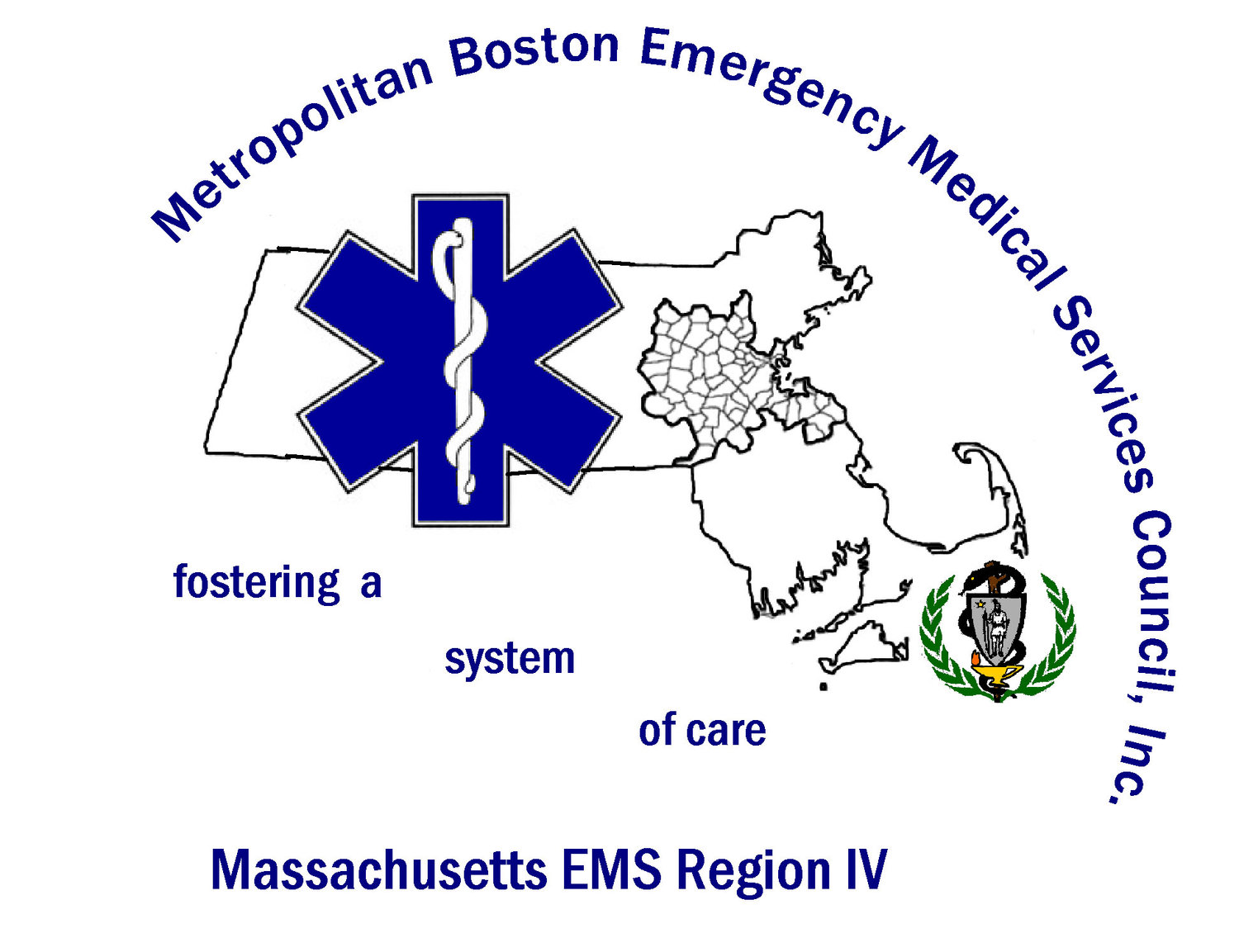Information Related to Ambulance Inspections and a “Mastering Communication with First Amendment Auditors and Free Press Representatives Training” Class Being Held in Central MA EMS Region 2
The Metropolitan Boston EMS Council is sending out this information to keep you and your services updated on recent developments or trends that are emerging at OEMS from ambulance inspections and other aspects of EMS. We will work on sharing more of this information on a regular basis as it becomes available to us. Recent information that has come to the Regions after meetings with DPH/OEMS, the discussion surrounded recent ambulance inspections and trends resulting from those inspections. We felt it should be shared with all services to re-enforce the information coming out of the office to the services.
These are all items that should be double checked for compliance and updated as needed. As more information comes out from OEMS we will continue to share it with our services.
Things to look at for service licensure and inspection compliance:
Glucometers must have a CLIA waiver. The glucometer testing solution should be stored with the glucometers on the ambulance so accuracy testing can be performed immediately if needed. Additionally, both the test solution and test strips have expiration dates; expired products must not be kept on the ambulance.
Ambulance services must maintain a written policy outlining the process for placing new equipment into service. This policy should include training requirements and a method for evaluating competency with the equipment. Training records must be maintained and associated with the specific equipment.
The ambulance service’s affiliation agreement with the hospital must specify the required number of Morbidity and Mortality (M&M) rounds for each provider level, including EMT-Basics. Documentation of EMS providers’ participation in M&M rounds should be maintained.
Medical Director options must be clearly documented in the affiliation agreement or an addendum. This document must be signed by the affiliated hospital’s medical director and should outline how training is delivered, how competency in the medication or skill is assessed, and include and training records must be maintained.
Ambulance inspectors have found that portable suction units left plugged in continuously tend to lose suction power when disconnected from power. It is recommended that the unit be unplugged before testing to ensure the battery alone can drive adequate suction.
EMS providers must ensure that all stretcher straps, including shoulder straps, are used when securing a patient. During recent hospital spot checks, inspectors observed several patients arriving at emergency departments without their shoulder straps properly secured.
One final piece of information! Please distribute the attached flyer that has a link to sign up for a free online training class Central MA EMS (Region 2) is holding, “Mastering Communication with First Amendment Auditors and Free Press Representatives Training” on Monday July 28 @ 10:00am. Should you encounter first amendment auditors at your service, this is a free on-line course with good information. If you have any questions regarding this training, please contact Tina Dixson tdixson@cmemsc.org

